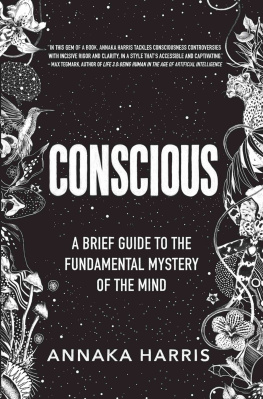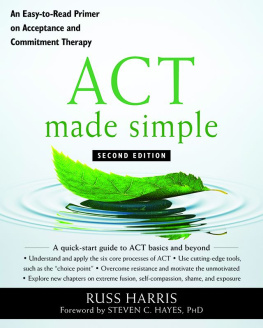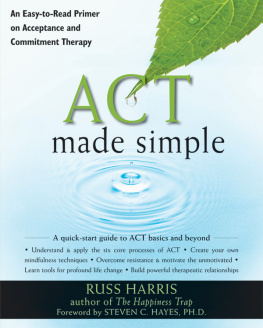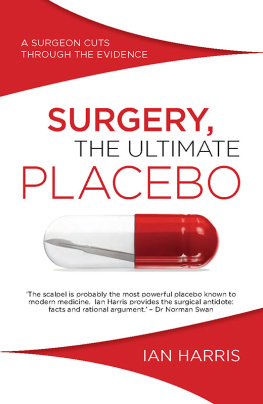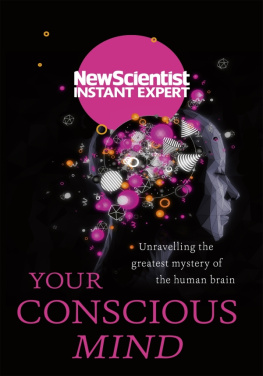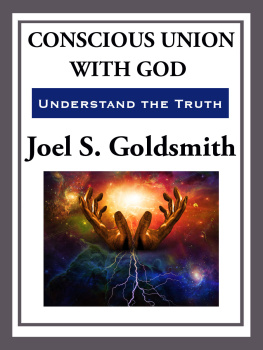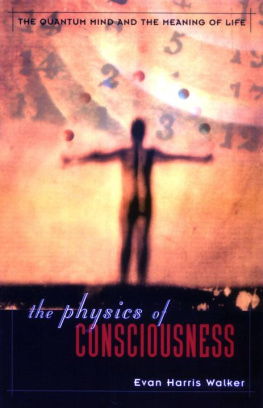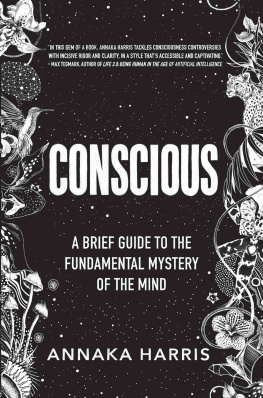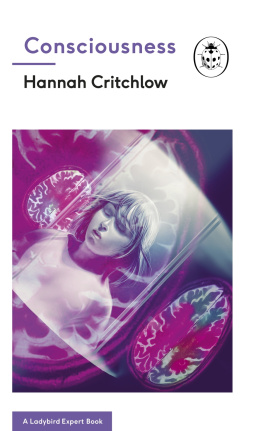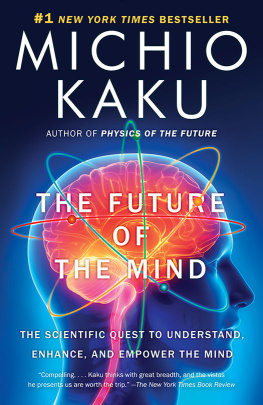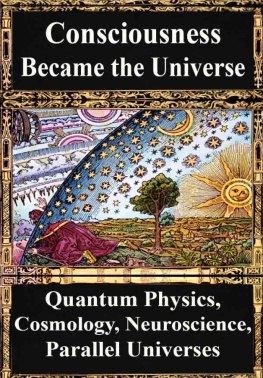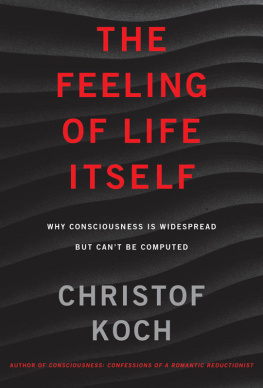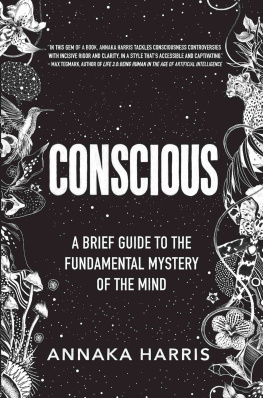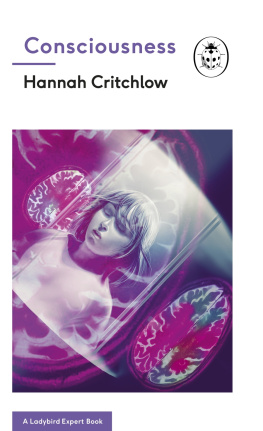Our experience of consciousness is so intrinsic to who we are, we rarely notice that something mysterious is going on. Consciousness is experience itself, and it is therefore easy to miss the profound question staring us in the face in each moment: Why would any collection of matter in the universe be conscious? We look right past the mystery as if the existence of consciousness were obvious or an inevitable result of complex life, but when we look more closely, we find that it is one of the strangest aspects of reality.
Thinking about consciousness can spark the same kind of pleasure we get from contemplating the nature of time or the origin of matter, invoking a deep curiosity about ourselves and the world around us. I remember looking up at the sky when I was young and realizing that my usual sense of being down on the ground with the sky above me wasnt an entirely accurate perception. I was intrigued by the fact that even though I had learned that gravity pulls us toward the earth as we orbit the sunand that there is no real up and downmy feeling of being down on the ground below the sky had remained unchanged. To shift my perspective, I would sometimes lie outside with my arms and legs outstretched and take in as much of the sky and horizon as possible. Attempting to break free of the familiar feeling of being down here with the moon and stars above me, I would relax all my musclessurrendering to the force holding me tightly to the surface of our planetand focus on the truth of my situation: Im floating around the universe on this giant spheresuspended here by gravity and going for a ride. Lying there, I could sense that I was in fact looking out at the sky, rather than up. The delight I experienced came from temporarily silencing a false intuition and glimpsing a deeper truth: being on the earth doesnt separate us from the rest of the universe; indeed, we are and have always been in outer space.
This book is devoted to shaking up our everyday assumptions about the world we live in. Some facts are so important and so counterintuitive (matter is mostly made up of empty space; the earth is a spinning sphere in one of billions of solar systems in our galaxy; microscopic organisms cause disease; and so on) that we need to recall them again and again, until they finally permeate our culture and become the foundation for new thinking. The fundamental mysteriousness of consciousness, a subject deeply perplexing to philosophers and scientists alike, holds a special place among such facts. My goal in writing this book is to pass along the exhilaration that comes from discovering just how surprising consciousness is.
Before posing any questions about consciousness, we must determine what we are talking about in the first place. People use the word in a variety of ways; for example, in referring to a state of wakefulness, a sense of selfhood, or the capacity for self-reflection. But when we want to single out the mysterious quality at the heart of consciousness, its important to narrow in on what makes it unique. The most basic definition of consciousness is that given by the philosopher Thomas Nagel in his famous essay What Is It Like to Be a Bat?, and it is how I use the word throughout this book. The essence of Nagels explanation runs as follows:
An organism is conscious if there issomething that it is liketo be that organism.
In other words, consciousness is what were referring to when we talk about experience in its most basic form. Is it like something to be you in this moment? Presumably your answer is yes. Is it like something to be the chair youre sitting on? Your answer will (most likely) be an equally definitive no. Its this simple differencewhether there is an experience present or notwhich we can all use as a reference point, that constitutes what I mean by the word consciousness. Is it like something to be a grain of sand, a bacterium, an oak tree, a worm, an ant, a mouse, a dog? At some point along the spectrum the answer is yes, and the great mystery lies in why the lights turn on for some collections of matter in the universe.
We can even wonder: At what point in the development of a human being does consciousness flicker into existence? Imagine a human blastocyst just a few days old, consisting of only about two hundred cells. We assume there is probably nothing it is like to be this microscopic collection of cells. But over time these cells multiply and slowly become a human baby with a human brain, able to detect changes in light and recognize its mothers voice, even while in the womb. And, unlike a computer, which can also detect light and recognize voices, this processing is accompanied by an experience of light and sound. At whatever point in the development of a babys brain your intuition tells you, OK, now an experience is being had inthere, the mystery lies in the transition. First, as far as consciousness is concerned, there is nothing, and then suddenly, magically, at just the right moment... something. However minimal that initial something is, experience apparently ignites in the inanimate world, materializing out of the darkness.
After all, an infant is composed of particles indistinguishable from those swirling around in the sun. The particles that compose your body were once the ingredients of countless stars in our universes past. They traveled for billions of years to land herein this particular configuration that is youand are now reading this book. Imagine following the life of these particles from their first appearance in space-time to the very moment they became arranged in such a way as to start experiencing something.
The philosopher Rebecca Goldstein paints a wonderfully clear and playful portrait of the mystery:
Sure, consciousness is a matter of matterwhat else could it be, since thats what we arebut still, the fact that some hunks of matter have an inner life... is unlike any other properties of matter we have yet encountered, much less accounted for. The laws of matter in motion can produce this, all this? Suddenly, matter wakes up and takes in the world?
The moment matter becomes conscious seems at least as mysterious as the moment matter and energy sprang into existence in the first place. The mystery of consciousness rivals one of the greatest conundrums ever to bend human thought: How could something appear out of nothing? Unlike the easy problems of explaining animal behavior or understanding which processes in the brain give rise to which functions, the hard problem lies in understanding why some of these physical processes have an experience associated with them at all.
Why do certain configurations of matter cause that matter to light up with awareness?
Now that we have a working definition of consciousness and the mystery it entails, we can start chipping away at some common intuitions. In large part, our intuitions have been shaped by natural selection to quickly provide lifesaving information, and these evolved intuitions can still serve us in modern life. For example, we have the ability to unconsciously perceive elements in our environment in threatening situations that in turn deliver an almost instantaneous assessment of dangersuch as an intuition that we shouldnt get into an elevator with someone, even though we cant put our finger on why. Your brain is often processing helpful cues you may not be aware of in the moment: the other person who is getting into the elevator is flushed or has dilated pupils (both are signals that he is adrenalized and about to act violently), or the door to the building, which is usually locked, has been left ajar. We can know that a situation is dangerous without having any idea how or why we know it. Our intuitions are also shaped through learning, culture, and other environmental factors. We sometimes have useful intuitions about life decisionssuch as which apartment to rentborn of relevant information that our brain has acquired, and taken into account, through unconscious processes. In fact, research suggests that our gut feelings are more reliable in many situations than the fruits of conscious reasoning.

